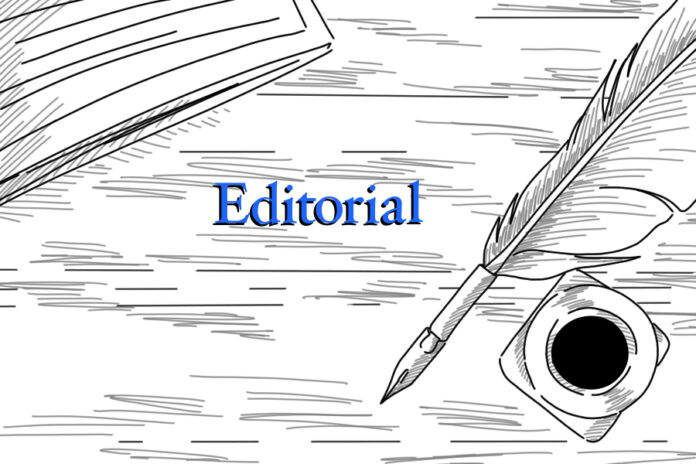Supreme Court places immoral value on human lives in recent ruling
“Give me your tired, your poor, Your huddled masses yearning to breathe free, The wretched refuse of your teeming shore, Send these, the homeless, tempest-tost to me, I lift my lamp beside the golden door!”
Written on the base of the Statue of Liberty, these words intend to represent U.S. values: freedom, opportunity and friendship between nations. Earlier this week, in a 5–4 vote, the Supreme Court rebuffed these values by allowing the Trump administration to move forward with a policy that will make it harder for immigrants who rely on public benefits and assistance to qualify for permanent legal status, otherwise known as green cards.
Refugees, political asylum-seekers and immigrants arrive in the U.S. because they are fleeing unimaginable disaster and political turmoil — some of that turmoil resulting from U.S. intervention and occupation. It is pertinent that the U.S. rejects the hypocritical rhetoric that America and its values are the savior for war-torn countries, especially when the U.S. continuously discards heroism once people from countries “in need” arrive at its doorstep.
Last August, the Trump administration announced its plan to revise the so-called public charge rule. Under the current Department of Homeland Security policy, the criteria for determining if someone is a public charge is if they are likely to rely on cash benefits. Under the new policy, the definition of public charge would expand to include relying on non-cash benefits like housing, food assistance and healthcare for more than 12 months in a three-year period, according to The New York Times. The rule applies even to immigrants who are employed.
It’s estimated that this new rule “will cause hundreds of thousands of individuals and households, in many cases noncitizens not even subject to public charge scrutiny, to forego public benefits for which they are eligible, out of fear and confusion about the consequences for their immigration status of accepting such benefits,” wrote lawyers for private groups challenging the policy.
The Editorial Board vehemently disagrees with the Supreme Court’s ruling and likens this supposed public charge to a wealth test. We believe that it’s inhumane to treat refugees, asylum-seekers and immigrants like criminals who don’t deserve critical services — services for which they qualify. These are the tired, the poor, the homeless. And they deserve every opportunity that the U.S. promises.
Only granting citizenship to financially self-sufficient applicants rejects the notion that the U.S. is the land of opportunity, for those with only a dream in their pocket. This decision will only serve to further disadvantage the already disadvantaged. This is not just an immigration issue, it’s a public health issue.
But it’s important to acknowledge that not just refugees and political asylum-seekers should be able to access public assistance without fear of retribution. People who choose to make a life in the U.S. are just as deserving as refugees. Many students at UC Davis have parents who made sacrifices so that their children could have a better life. Those sacrifices should not be met with an immoral standard that those worthy of permanent resident status should not take advantage of life-saving programs.
Written by: The Editorial Board








